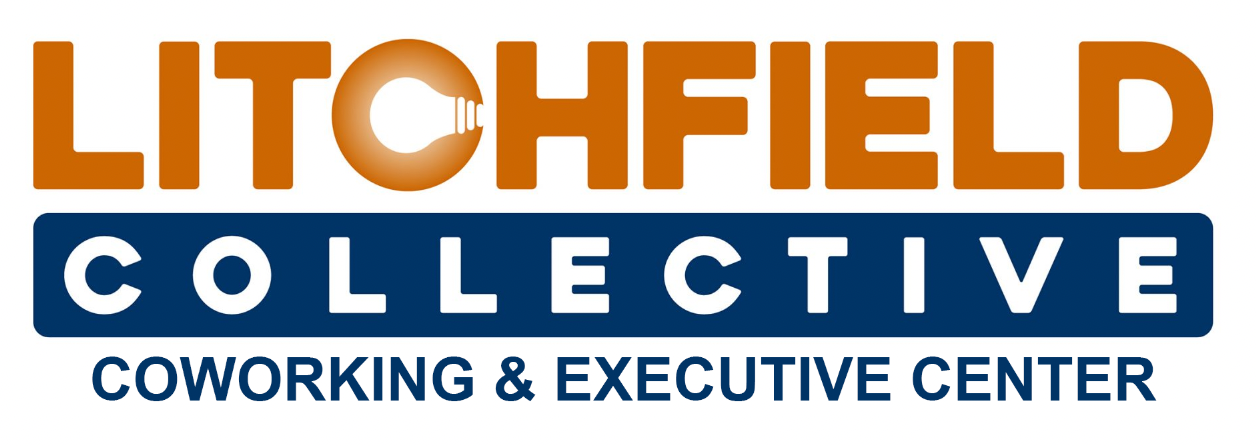Let’s face it—talking about loans, trusts, and all that legal mumbo jumbo can make anyone’s head spin. But if you’ve ever wondered what happens when a house loan is involved with a trust, and someone mentions “non-assumable loans,” don’t worry. We’re keeping this simple, clear, and (hopefully) a little less boring.
What’s a Non-Assumable Loan?
First, let’s start with what “non-assumable” means. In simple terms, a non-assumable loan is a mortgage that can’t just be taken over by someone else. If you have one of these loans and you pass away (or transfer the home), the lender usually expects to get paid off. They don’t let someone else—like a family member or a friend—just jump in and keep making payments on the same terms.
In contrast, an assumable loan (which is rarer these days) would let someone else step into your shoes and take over the loan, usually with the same interest rate and payment terms.
Where Does a Trust Come In?
A trust is basically a legal tool that people use to manage their stuff—like homes, bank accounts, etc. You can put your house into a trust, and when you pass away, the trust says who gets it and what happens next. It’s a way to avoid probate (the court process that can take forever) and keep things private. Now let’s talk bout non assumable loans through trusts.
But here’s the kicker: if there’s a mortgage on that house and it’s non-assumable, things can get tricky.
What Happens If You Have a Non-Assumable Loan in a Trust?
If the person who owns the house passes away and the house is in a trust, the bank usually finds out. Depending on the terms of the loan, they might call the loan due. That means they want to be paid back—in full. Yikes, right?
However, some loans (especially those on homes that were used as primary residences) have protections under laws like the Garn-St. Germain Act. This law often lets a family member who inherits the home live there and take over payments—at least for a while—without the lender demanding all their money upfront. But that’s a whole other can of worms.
If the house is in a trust and the trust gives it to a beneficiary, the loan doesn’t automatically go away. The person getting the house needs to figure out how to pay off the loan. Sometimes they refinance, sell the house, or pay it off with other funds.
So, Can You “Assume” a Non-Assumable Loan Through a Trust?
Short answer: not usually. Non-assumable means just that—the lender doesn’t have to let anyone else take over. A trust doesn’t change that rule. It can help with how the house gets passed along, but the mortgage rules still apply.
What Should You Do?
If you’re dealing with this situation, talk to an attorney or a financial pro who knows their stuff. Every situation is different, and there might be options you haven’t thought of.
Disclaimer
This article is for entertainment purposes only and is not legal advice. If you have questions about trusts, loans, or any of this financial stuff, make sure to talk to a qualified attorney or financial advisor. Don’t make big decisions based on something you read on the internet—even if it’s this article!
Additional Non-Assumable Loans Through Trusts Information
Non Assumable Loans Through Trusts on YouTube
@mortgagemandy Did you know that there are still opportunities to acquire interest rates in the 2 & 3% range?? …but like many good things, there are catches to obtaining an assumable loan. #assumablemortgage #mortgagelender #mortgagemandy #mortgagetips #finance ♬ original sound – Mandy | Mortgage Lender
Looking for more? Check out this white paper.




